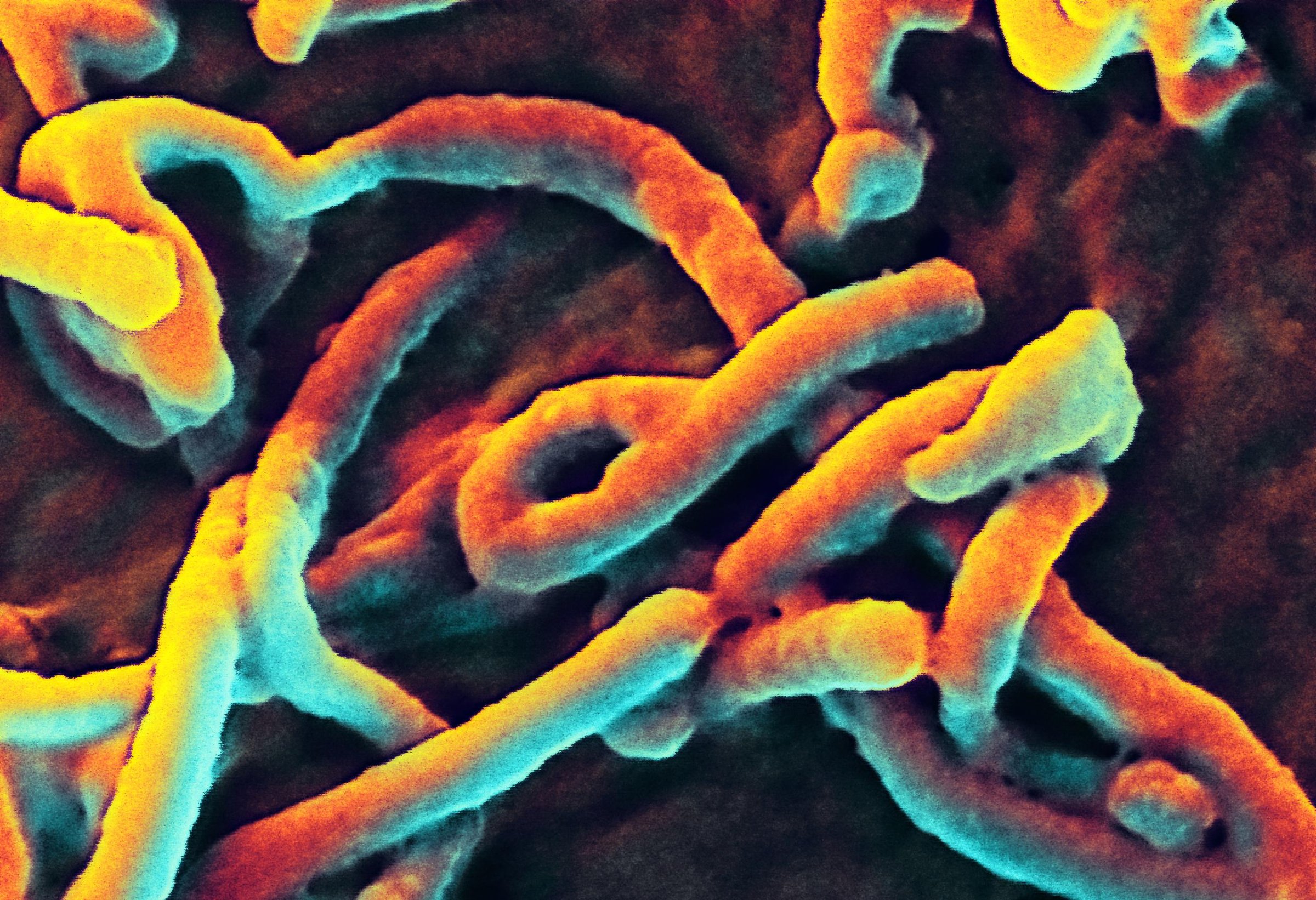
A two-year-old Guinean girl who recently traveled to Mali and was later confirmed to have Ebola has died, officials said on Friday, one day after her positive diagnosis meant the virus had reached its sixth nation in West Africa.
The child died around 4 p.m. local time at a treatment center in the western town of Kayes, a health official told Reuters. On Thursday, Health Minister Ousmane Kone told state television that she had traveled from neighboring Guinea, where more than 900 people have died in an outbreak that has killed nearly 4,900 and infected more than 9,900 others. The girl was admitted to a hospital on Wednesday night, where she tested positive for Ebola.
Health officials told the World Health Organization (WHO), according to a report released Friday, that she was accompanied to Mali by her grandmother. The girl’s mother was reported to have died a few weeks earlier, but WHO could not yet confirm that the grandmother went to Kissidougou, in southern Guinea, for the funeral. The pair returned to Mali by public transportation and arrived in the capital, Bamako, where they stayed for two hours before moving on to Kayes.
The girl had begun bleeding from the nose before she left Guinea, the report found, “meaning that the child was symptomatic during their travels through Mali” and that “multiple opportunities for exposure occurred when the child was visibly symptomatic.” The initial investigation identified 43 close and unprotected contacts, including 10 health workers.
The Ministry of Health and Public Hygiene said in a statement it had “taken all necessary steps to prevent the spread of the virus” and the government called for calm, claiming it had identified and isolated those who had contact with the child and begun monitoring for symptoms. Tracing this particular case is “a work-in-progress,” Isabelle Nuttall, the WHO’s director of Global Capacities, Alert and Response, tells TIME. WHO had already sent a team of 10 to Mali at the beginning of the week to work on mobilization activities and preparedness operations, and is sending more as part of a rapid response team.
Mali still has its border open to travelers from Guinea, though border checkpoints and health points have been implemented on major roads and crossings. Greg Rose, health advisor to the British Red Cross, says the fact that the child is now “in a more remote location is a good thing” because Kayes is not situated on the main transport routes (unlike larger towns situated on the Niger River) and only has a population of around 127,000, a fraction of Bamako’s 1.8 million. Another positive, Rose says, is that “it doesn’t look like the situation from where this child has come is out of control,” which could reduce the risk of transmission. He adds that Kissidougou, where the child’s mother is believed to have died, has seen relatively few cases since the beginning of the epidemic and is now the site of a treatment center.
Rose believes that being able to isolate people who are asymptomatic will prove a major advantage for Mali. Since the government has reacted very quickly and identified this case early, he adds, it will be able to do much more to contain any spread of Ebola from this sole case. In comparison, “when you have a disseminated outbreak like in Guinea, Liberia or Sierra Leone, where resources are limited, they can only isolate symptomatic people.”
Nuttall believes it is still too premature to assess the effectiveness of Mali’s public health response. But “so far, it looks good,” Rose says. “If you look back to Guinea when the outbreak first began in January of this year, nothing was being done because everybody was taken by surprise,” he adds. “Experience of Ebola in other contexts had shown that Ebola outbreaks tend to burn out so Guinea was neglected, which is why this got out of hand.”
While experts believe Mali’s health system is stronger than some of its neighbors, it is still quite weak. “In this part of Africa, as a general rule, the health system needs to be strengthened,” Nuttall says. Maternal mortality ratio, which Rose says is a solid indicator of public health infrastructure because it depends so much on the provision of health services and skilled attendants, is at 550 deaths per 100,000 live births in Mali. That figure isn’t as high as other countries affected by Ebola — Liberia stands at 640, Guinea at 650 and Sierra Leone at 1,100 — but is still remarkably high when compared with the U.S. (28 per 100,000) and the U.K., at just eight.
As the situations in Nigeria and Senegal have shown — both were recently declared Ebola-free — it is possible to contain the virus and control the epidemic. But as more cases pop up in the three hardest-hit countries, and now with Mali’s first case quickly turning deadly, controlling anxiety and fear alongside any actual spread could be a feat.
More Must-Reads from TIME
- Donald Trump Is TIME's 2024 Person of the Year
- Why We Chose Trump as Person of the Year
- Is Intermittent Fasting Good or Bad for You?
- The 100 Must-Read Books of 2024
- The 20 Best Christmas TV Episodes
- Column: If Optimism Feels Ridiculous Now, Try Hope
- The Future of Climate Action Is Trade Policy
- Merle Bombardieri Is Helping People Make the Baby Decision
Write to Naina Bajekal at naina.bajekal@time.com